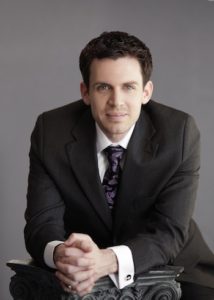Canadian doctors harvesting organs from euthanized patients

The article poses the question: “what if people agree to donate (their organs), but then change their mind about hastening death? Would they feel compelled to follow through with the act, knowing the chosen recipients are waiting for their organs?”
ARPA’s Director of Law and Policy, André Schutten, says the article goes to one of the fundamental problems that has arisen with the removal of euthanasia from the Criminal Code. “The criminal law exists to protect individuals who are vulnerable – who are most susceptible to these kinds of pressures. And so when we changed the Criminal Code and said there’s now a class of people for whom assisted suicide is available, those are going to be, for the most part, vulnerable people. And those vulnerable people are now extra-vulnerable because of this allowance of organ donation.” He says the situation is “just a mess.”
Jennifer Chandler, a professor in the Centre for Health Law, Policy and Ethics at the University of Ottawa, told the National Post that “it would be very important to make it very clear to people that they can change their mind at any time”, and that they wouldn’t have to stick with their original decision to consent to euthanasia just because the transplant process has been set in motion.